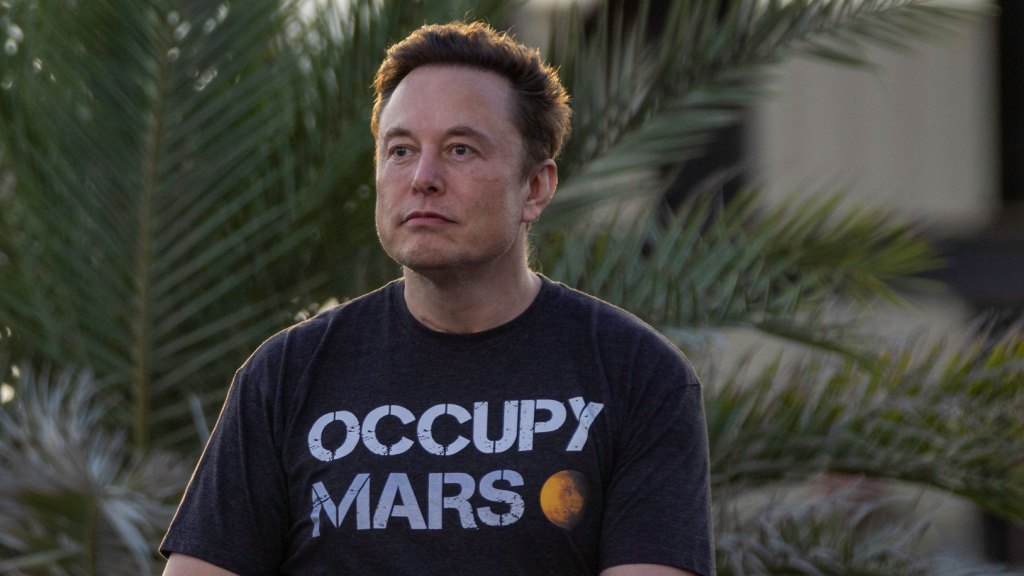Confidential financial statements from SpaceX for 2018 and 2019 capture an early glimpse at the degree to which the company is likely dependent on its Starlink business unit, and bringing the Starship rocket online, to become cash flow positive.
While the comprehensive balance sheets are five years old, they provide an intimate look inside the operations of arguably one of the most important, and secretive, private companies in the U.S. And they help shed light on what the company spent money on, and how much, as SpaceX grew itself from an unprofitable $2 billion in revenue to, reportedly, $9 billion for 2023 with a projected $15 billion in 2024 and $3 billion in earnings, sources familiar told Bloomberg in November.
2018 and 2019 were pivotal years for the company: In February 2018, SpaceX launched its Falcon Heavy rocket for the first time; the following March, the company nailed a pivotal flight test of its crew Dragon capsule, but exploded that same capsule a month later during ground testing. SpaceX was likely feeling pressure to deliver a safe, reliable spacecraft for NASA astronauts, so it could start realizing more dollars from the multibillion-dollar government contract it won for crew transportation services.
That was also the year SpaceX launched its first 60 Starlink satellites. The service has become integral to the company’s overall plans — the core of which is to establish a human colony on Mars or, as CEO Elon Musk often puts it, “to expand the light of consciousness” throughout the universe.
So, let’s take a look.
The company pulled in $1.98 billion in revenue in 2018 and $1.45 billion in 2019, but was operating at a net loss of -$308 million and -$501 million, respectively, according to comprehensive balance sheets from those years viewed by TechCrunch. The reason that revenue declined from 2018 to 2019 was because SpaceX changed the method it used to recognize revenue from, essentially, the percentage of a total contract that was completed to the percentage of discrete aspects of each contract completed due to a change in accounting regulations, the documents viewed by TechCrunch explained. SpaceX did not respond to TechCrunch’s request for comment on this story.
The majority of the losses came from “cost of revenue,” a broad category that can encompass all costs related to production and distribution of a product or service. It also includes the costs of its personnel and its contractors, utilities and rent in this item. SpaceX even includes the depreciation of reusable launch vehicle hardware costs in this equation.
The company was spending plenty of cash on research and development, too — $559 million in 2018 and $661 million the following year. Often companies include personnel costs in this line item (aka, it is the “development” part of R&D). But in SpaceX’s case, the financial statement notes that these costs primarily involved the Starlink and Starship programs. The Starlink program completed a milestone in 2019, when SpaceX launched the first batch of operational Starlink satellites in May of that year. The company ended the year with cash and cash equivalents of $868 million for 2018 and $990 million for 2019.
The balance sheets span the years after SpaceX netted the NASA contracts to deliver astronauts and cargo to and from the International Space Station. So it’s likely no surprise that money from the U.S. government, in the form of contracts with NASA, accounted for 37% of the revenue in 2018 and 83% in 2019.
The company, whose valuation swelled to $180 billion late last year, has taken truly enormous strides since that May 2019 deployment of 60 Starlink satellites: There are now more than 5,500 active satellites deployed in orbit, with over 2.5 million customers. This is certainly reflected in its booming sales.
The arrival of Starship may change the equation again. The massive rocket, which the company is currently subjecting to an orbital flight test campaign from its Texas launch site, will be necessary to keep up launch cadence for the second-generation satellites. Those spacecraft will be nearly twice as heavy as the first-gen sats, and additional spacecraft in orbit will help boost capacity for end users.
SpaceX CEO Elon Musk admitted during a May 2022 interview that Starship “is the only thing that can carry the Starlink 2 satellites.”
“Falcon [9] has neither the volume nor the mass-to-orbit capability required for Starlink 2,” he said.
There are myriad questions about SpaceX’s more recent financials. The company launches its Starlink satellites with its own rocket, its Falcon 9 workhorse, which means it can launch the space-based internet satellites at unprecedented rates. Because the rocket booster is reusable, the company can also amortize the cost of hardware over time. But the longer it takes to bring Starship online, the longer it will take to roll out Starlink to millions more users around the world.































Comment